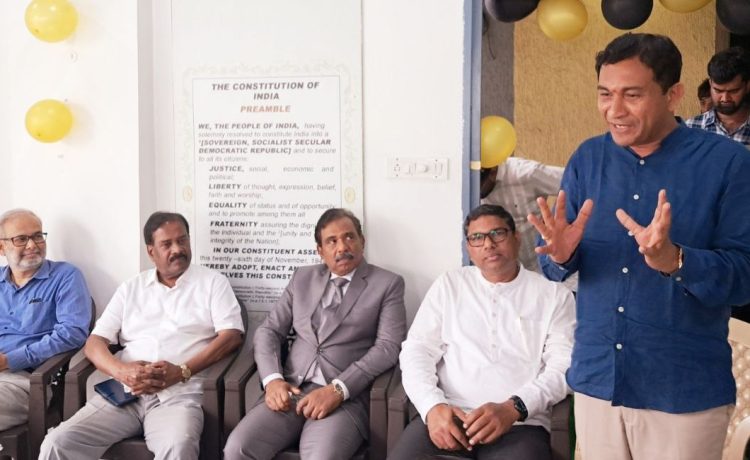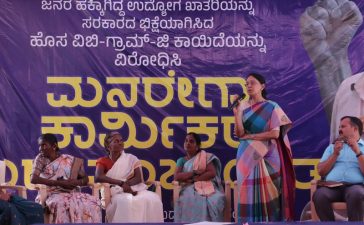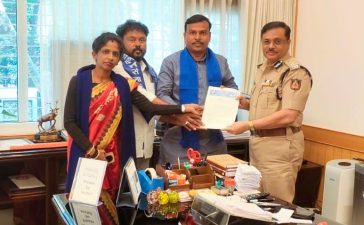APCR Karnataka Inaugurates New State Office in Bengaluru
Bengaluru, April 30 — The Association for Protection of Civil Rights (APCR) Karnataka marked a pivotal moment in its civil rights advocacy journey with the inauguration of its new state office in Bengaluru. The event brought together a broad spectrum of legal professionals, retired officials, activists, and civil society leaders who echoed a common call: defend the Constitution, uphold human dignity, and confront growing threats to democratic values.
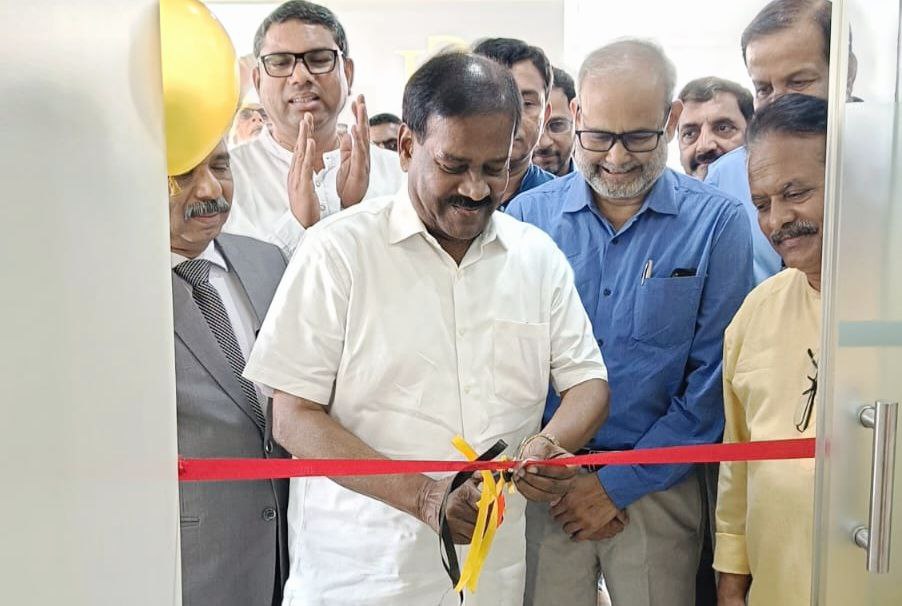
“Silence is a Threat to Democracy”: Dr. Subhash Bharani
Presiding over the inauguration, retired Additional Director General of Police (ADGP) Dr. Subhash Bharani delivered a stirring keynote address warning against rising apathy toward human rights violations.
“The erosion of humanitarian values in our society is deeply concerning. Silence and inaction are not neutral—they actively endanger democracy,” Dr. Bharani stated, urging citizens and civil society to take a more proactive role in protecting constitutional guarantees.
APCR’s Expanding Role in a Strained Democracy
Advocate P. Usman, National Vice President of APCR, highlighted the organization’s ongoing efforts in legal support and rights-based advocacy, particularly for marginalized communities.
“In today’s socio-political climate, institutions like APCR are not just relevant—they are indispensable. Our work ensures that the voices of the oppressed find legal and constitutional redress,” said Usman.
“Voices of the Oppressed Must Be Amplified”
Sudheer Kumar Muroli, President of APCR Karnataka, underscored the growing importance of rights-based work amid increasing instances of civil liberties being curtailed.
“The need to protect constitutional rights and amplify the voices of the oppressed is more urgent than ever,” he said, calling for deeper public engagement with APCR’s mission.
A Collective Stand for Justice
The event also featured perspectives from several notable speakers, including Vice President Adv. Akhila, senior advocates B.T. Venkatesh and Manvi, activist Mavalli Shankar, and civil society leader Gerald D. Souza.
Each speaker emphasized the collective responsibility of citizens to safeguard civil liberties and resist authoritarian tendencies.
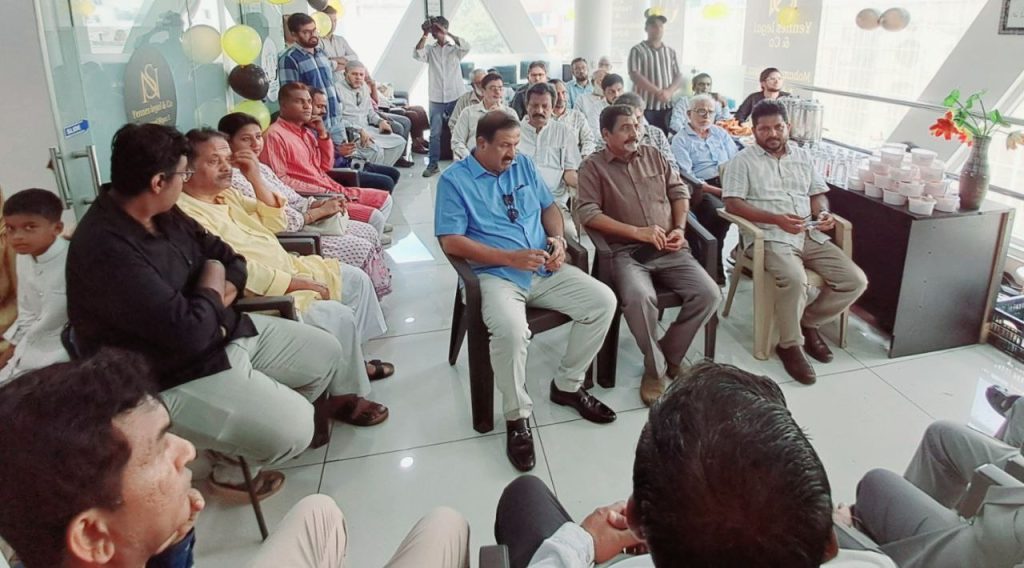
Broad Participation Across Civil Society
Conducted by Mohammed Niyaz, General Secretary of APCR Karnataka, the program concluded with a vote of thanks and a renewed commitment to the organization’s founding principles.
Notable attendees included Khalid, former KAS officer and advisor to the Political Secretary; Harshavardhan Umre, former Commissioner of GST and Customs; and several APCR executive members such as M. Kunhi, Hussain, Shajiha, Mehdi Kaleem, Sheikh Shafi, and Adv. Maitri.
The inauguration marks not just the expansion of physical space for APCR Karnataka, but a renewed call for action against rising injustice—signaling a stronger, more coordinated civil society response in the face of growing constitutional challenges.
🗣️ Statements from Key Speakers
Dr. Subhash Bharani (Retd. ADGP):
“When institutions weaken and citizens remain silent, democracy falters. The time to act in defence of our constitutional values is now.”
Adv. P. Usman (National VP, APCR):
“APCR is not just a legal aid body—it’s a constitutional safeguard. We exist to ensure that justice reaches the margins of society.”
Sudheer Kumar Muroli (President, APCR Karnataka):
“We’re not just opening a new office—we’re opening new pathways for resistance, legal advocacy, and solidarity with the oppressed.”
Mohammed Niyaz (General Secretary, APCR Karnataka):
“This space will be a hub for coordination, training, and intervention wherever rights are under attack.”
❓Key Q&A Highlights from the Event
Q: Why was this office needed now?
Sudheer Kumar Muroli: “With rising rights violations, we needed a central space to coordinate legal responses and mobilize civil society.”
Q: How is APCR different from other legal aid organisations?
Adv. P. Usman: “We blend grassroots engagement with courtroom advocacy. We don’t just fight cases—we fight for a more just society.”
Q: What role can citizens play in today’s climate?
Dr. Subhash Bharani: “Citizens must speak, support, and stand firm. The Constitution needs defenders beyond courts—on the streets, in schools, and in homes.”
![]()

